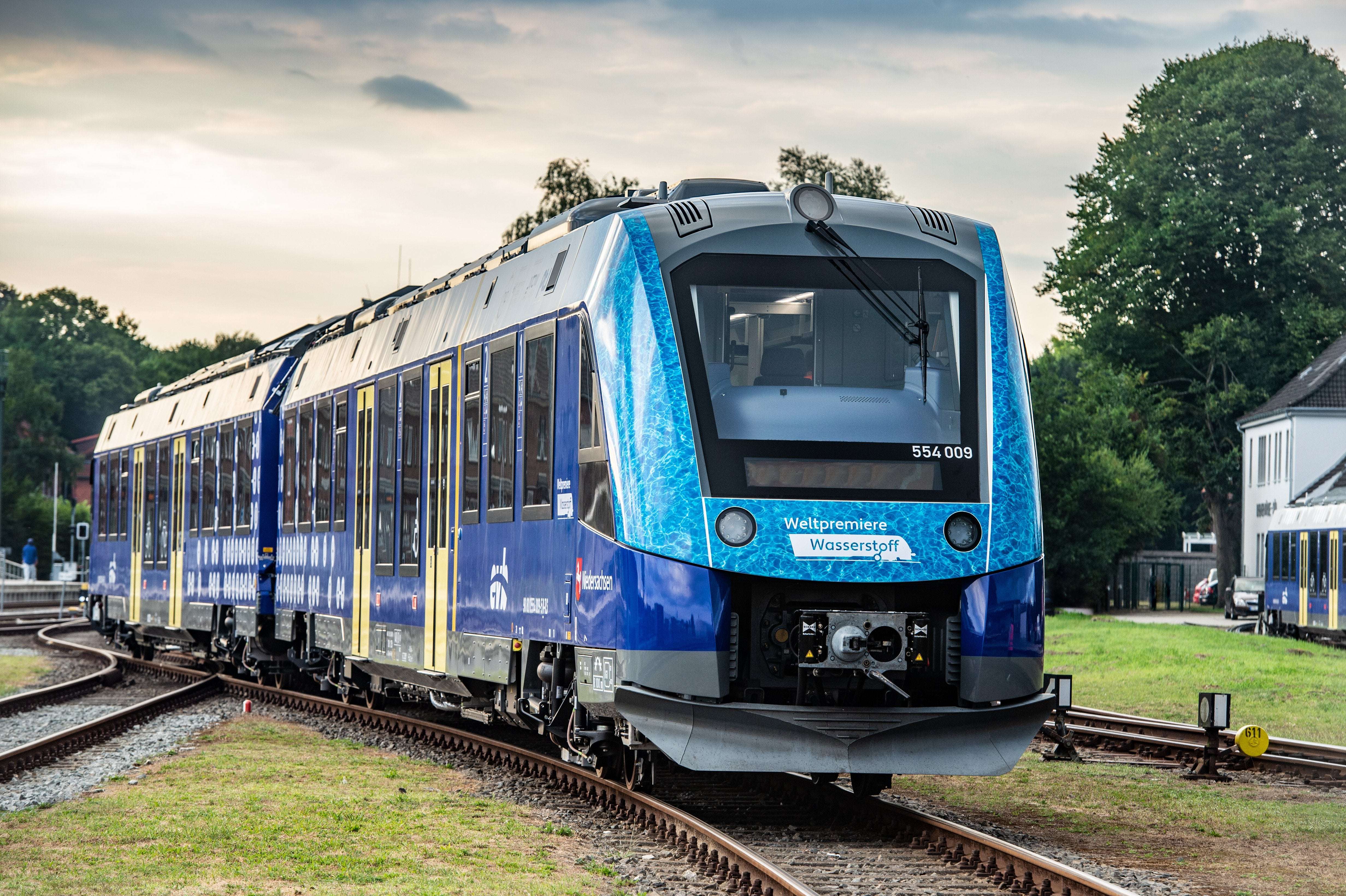The first fully hydrogen-powered passenger train service is now up and running. Coradia iLint trains built by Alstom are running on the line in Lower Saxony, Germany. The only emissions are steam and condensed water, and Alstom notes that the train operates with a low level of noise.
Five of the trains started running this week. Another nine will be added in the coming months to replace 15 diesel trains on the regional route. Alstom says the Coradia iLint has a range of 1,000 kilometers, meaning that it can run all day on the line using a single tank of hydrogen. A hydrogen filling station has been set up on the route between Cuxhaven, Bremerhaven, Bremervörde and Buxtehude.
Alstom, which started testing the trains in 2018, has agreements for Coradia iLint in other locales, including for 27 trains in the Frankfurt metropolitan area. The two other contracts are for regions in Italy and France.

Odd_Analyst_8905 on September 5th, 2022 at 16:37 UTC »
I am not underestimating the value of quieter trains. That’s a serious change in someone’s life.
Malor on September 5th, 2022 at 16:29 UTC »
The source of the hydrogen matters. Splitting it from water doesn't generate pollution itself, but it takes a lot of power to do that. If the power isn't renewable, then enough power is lost between the split and recombine that it could potentially be better to just burn diesel at the point of consumption.
If the hydrogen is taken from natural gas or an oil or fracking well, then you've got the associated CO2 emissions, but you're at least making those emissions more efficient, extracting more energy from the same amount of pollution.
If they split hydrogen using solar, wind, or hydro power, then there's no associated pollution, but it's usually less efficient than generating the power and using the electricity directly. The whole split/recombine process of hydrogen loses a ton of power. Transmission through powerlines delivers a lot more of the original generated energy.
However..... stored hydrogen energy can be used anywhere, like a less dense form of gasoline, so it would probably be pretty useful in places like the US, where most rail is not electrified.
darmabum on September 5th, 2022 at 14:40 UTC »
Sounds like really thick water that comes in a tin can